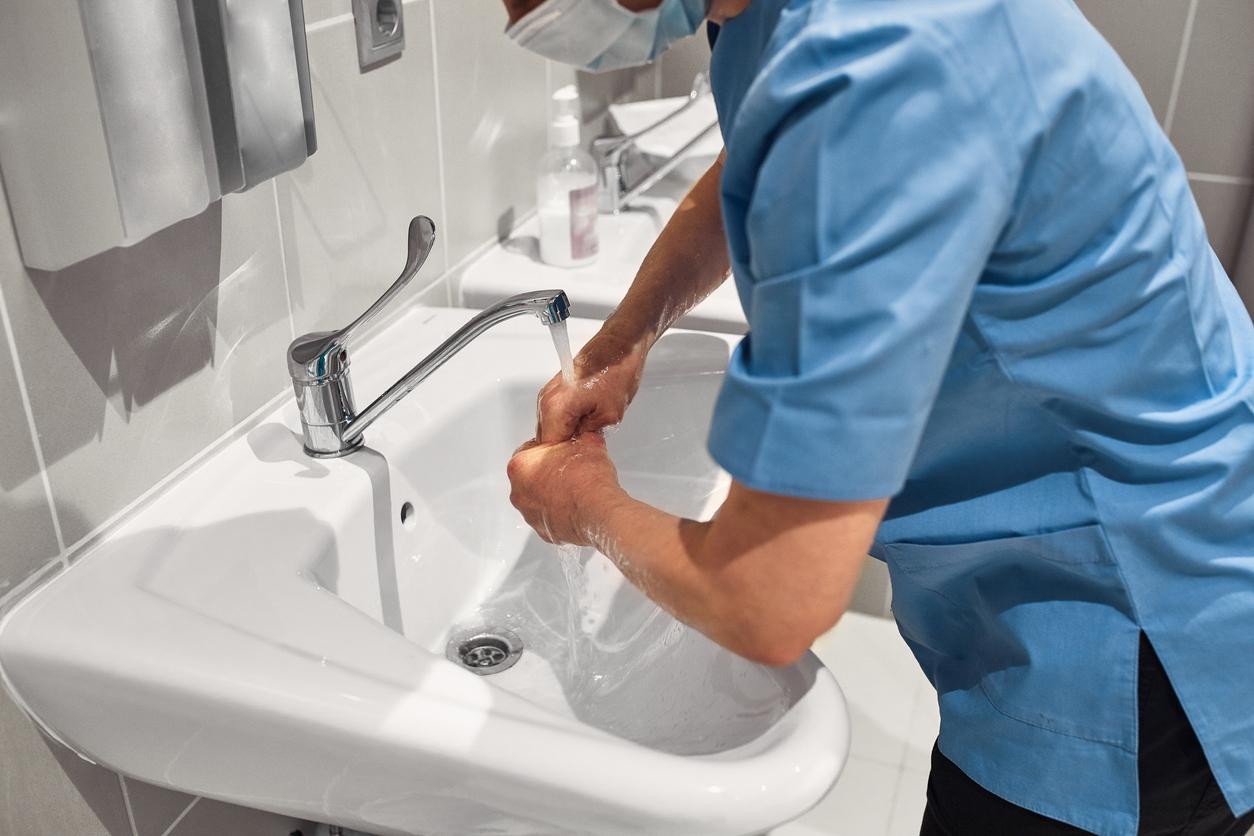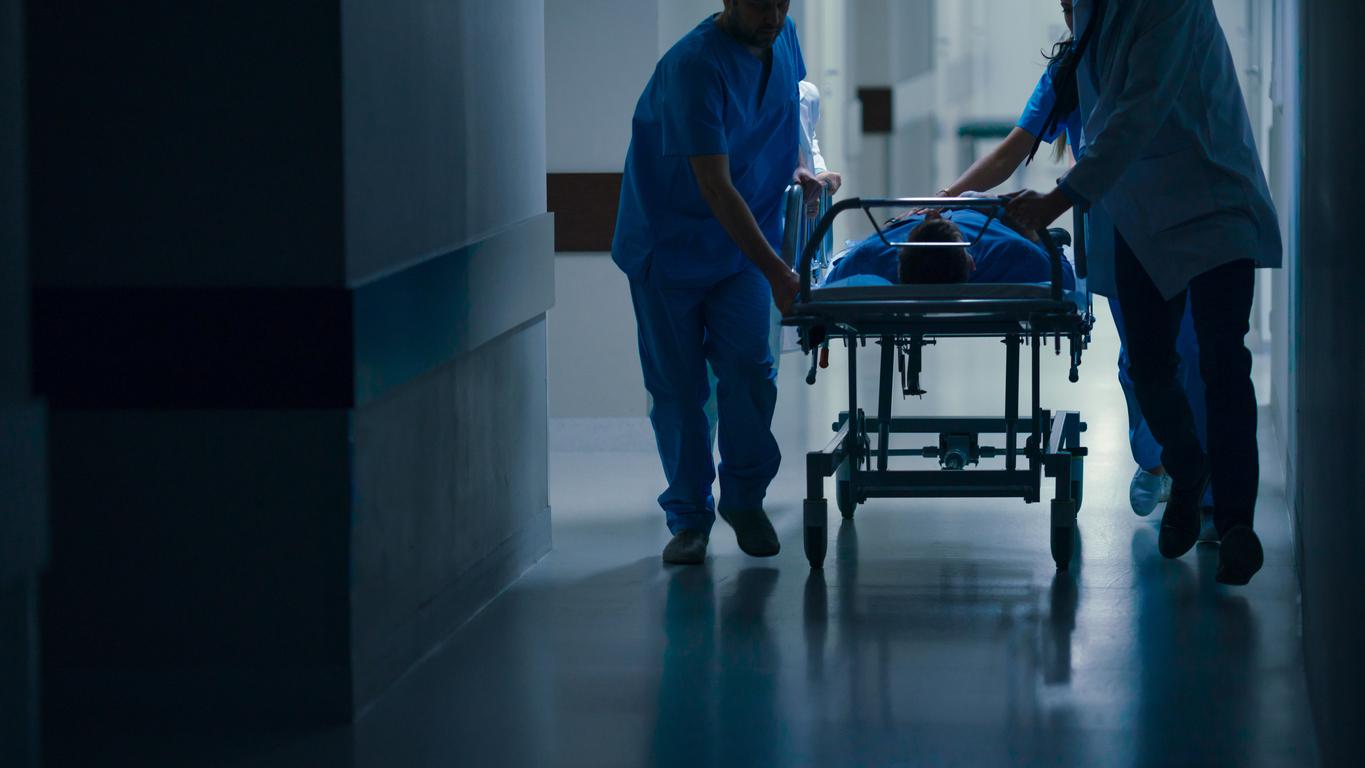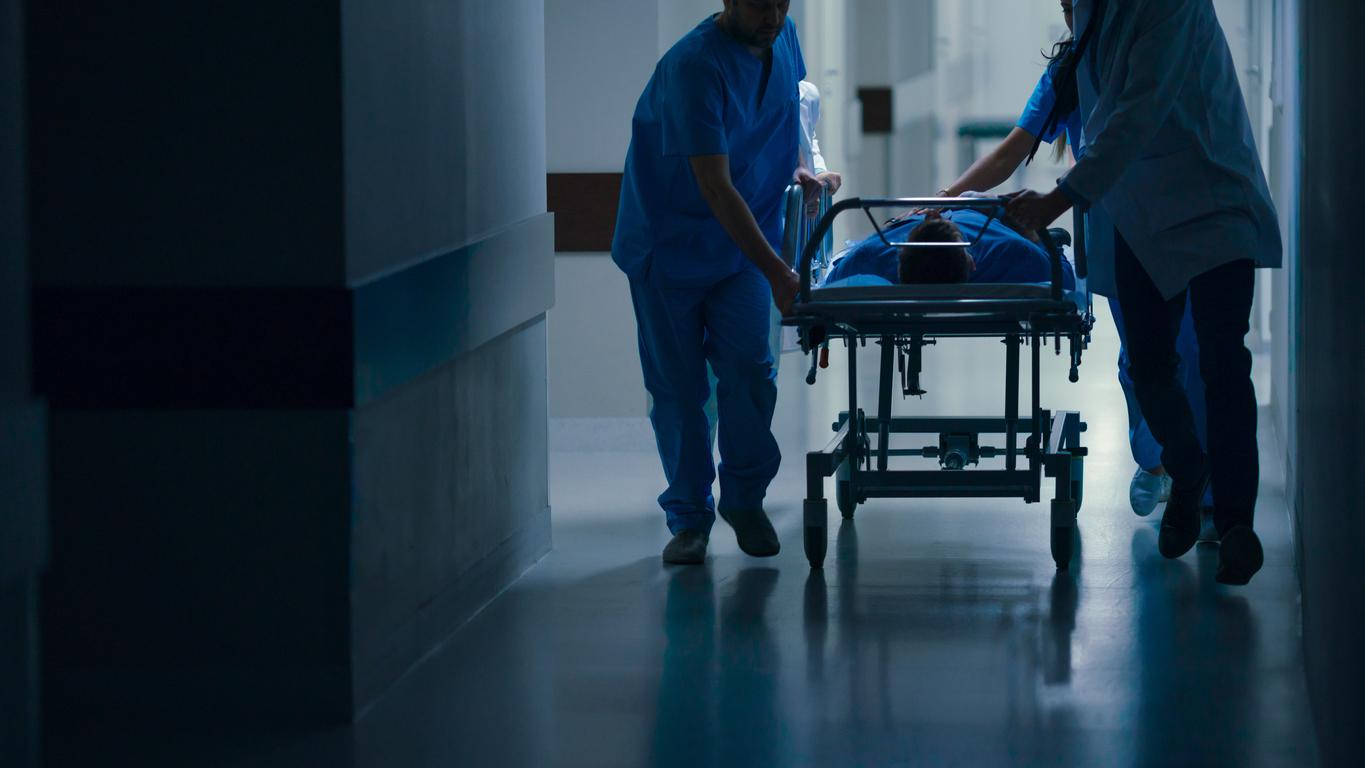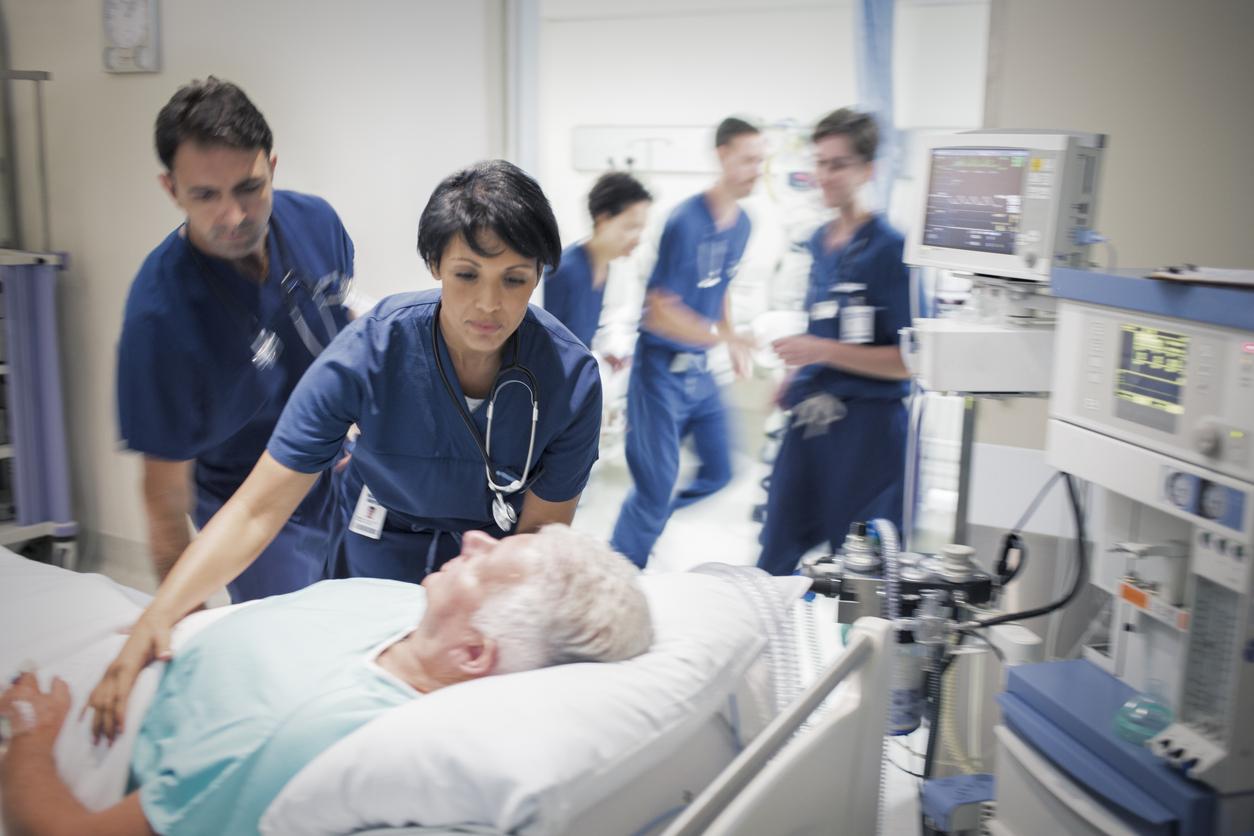Flies, ants, aphids, moths, wasps… A new study shows that 9 out of 10 insects present in hospitals are carriers of harmful bacteria, some of which are resistant to antibiotics.

In hospitals, potential infections come from vectors of which patients are not necessarily aware.
If the latter now seem better and better informed about the nosocomial infections they can contract during a visit to the operating room, many are unaware that flies and other flying insects present a real threat.
In any case, this is demonstrated by a new study, published in the Journal of Medical Entomology, which analyzed the transmission potential of flying insects in the hospital. According to its authors, these insects not only carry enough bacteria to cause infections, but some are also resistant to antibiotics.
Potential infection vectors
To reach this conclusion, the team from Aston University, located in the United Kingdom, collected during 18 months 19,937 flying insects in different spaces within seven English public hospitals, including food places, units neonatal and maternity. The majority of the insects collected (73.6%) were flies (diptera), but the researchers also found aphids, moths, ants, wasps and even beetles.
By conducting their analysis, the researchers found that 9 out of 10 insects carried bacteria that could cause infections, including Escherichia coli (E. Coli), Salmonella – which represent 41% of the strains studied – and Staphylococcus aureus (Staphylococcus aureus). A total of 86 different bacterial strains have been found on insects, some of which cause food poisoning, can cause skin infections, abscesses and respiratory infections.
Antibiotic resistant bacteria
More worryingly, the researchers found that 53% of the strains isolated had developed resistance to at least one class of antibiotics and 19% had developed multidrug resistance. Of all the antibiotics tested, penicillin was found to be the least effective, followed by vancomycin and levofloxacin.
“The results of this large-scale microbiological analysis show that a variety of flying insects collected from UK hospitals do indeed harbor pathogenic bacteria of different species,” says lead author and Aston University PhD student Federica Boiocchi in A press release. The researcher emphasizes “the high proportion of drug-resistant bacteria found” in these samples. “This is a stark reminder of how our overuse of antibiotics in healthcare settings is making infections harder to treat.”
Co-author of the study, Professor Anthony Hilton says that in the majority of cases, patients have little to fear from insects because the risk “that they are carriers of bacteria transferred to patients is very low”. “What we are saying in this document is that even in the cleanest environments, it is important to take steps to prevent insects from introducing bacteria into hospitals,” he concludes.
.
















